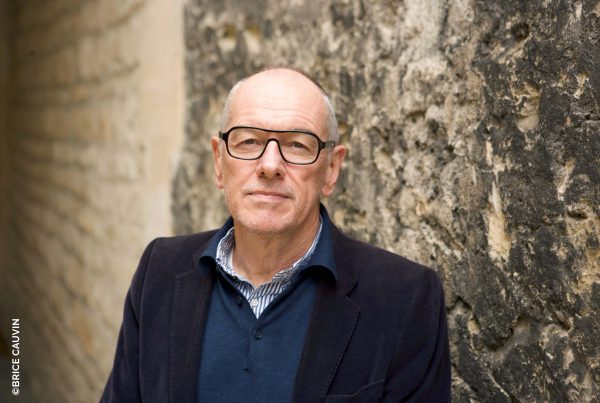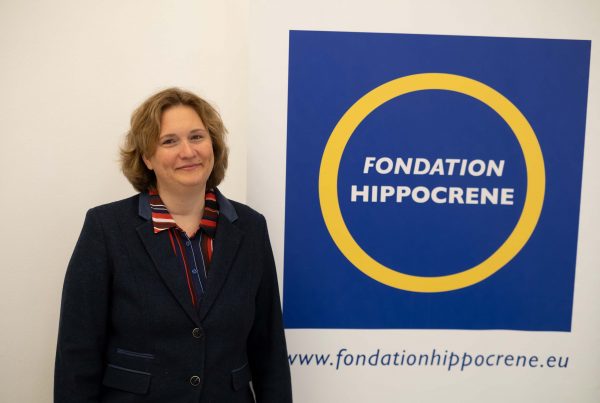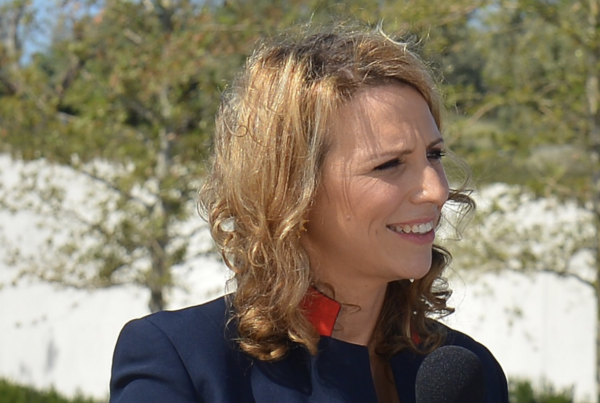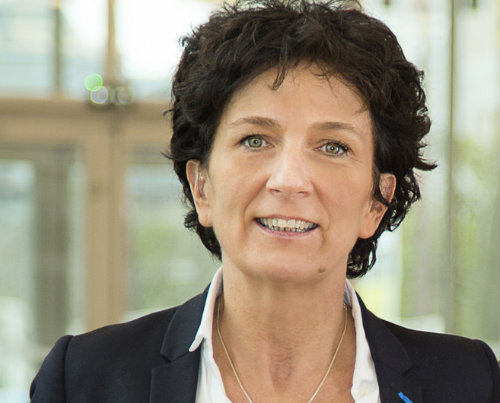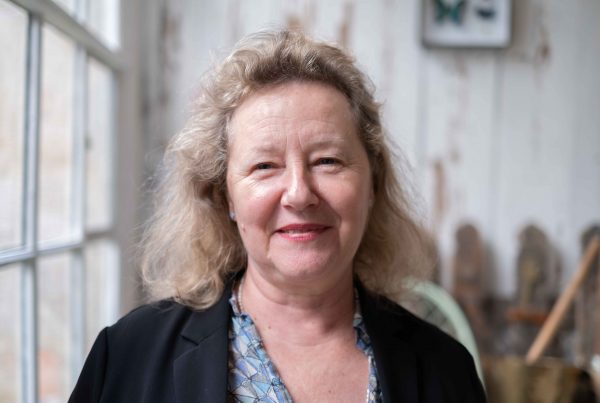What is solutions journalism?
Origin
So-called solutions (or constructive) journalism was formalized in France with the creation in 2004 of Reporters d’Espoirs, an NGO whose mission is to ensure that “information and the media make people want to act ».
It has since been emulated in French editorial offices and spreads all over the world.
This complementary way of conceiving journalism is intended as a lead in a range of new possibilities.
Definition
« Solutions journalism analyses and disseminates knowledge of initiatives and stories of resilience providing concrete, impactful, and potentially reproducible responses to economic, societal or ecological problems »
A method
Solutions journalism seeks to analyze problems first, and then to expose and analyze elements of answers. He thus extends the journalistic questioning traditionally taught in journalism schools (What ?, Who ?, When ?, Where ?, Why?) To a sixth question: “What do we do now?”. This is where the main novelty lies. It is therefore interested in the what (what is the problem?), in the why (what are the people’s motivations who act?), in the how (how do people go about it? develops a project?), successes and failures (to what extent the initiative works and is successful?), results as well as the limits of the initiative (what are its qualitative and / or quantitative results ?, to what extent it responds to the scale of the problem identified ?, what obstacles and brakes it faces?).
A critical approach
Solutions journalism reports initiatives in a distanced, fact-based way. It covers not only the achievements, but also the limitations of the initiatives presented. The « solution » angle does not exclude the description of the issue facing the action. The aim is never to minimize the problem.
The difficulties and dysfunctions must be highlighted, always for the sake of credibility.
It is not to be confused with an advertising or communication exercise either: presenting initiatives that bring solutions does not mean promoting them. In accordance with the role of the media, not to « promote » but to disseminate knowledge, to report, to analyze, with a critical and distanced eye.
4 fundamental criteria
In a strict application of the concept, an initiative considered as a “carrier of solution” must meet four fundamental criteria:
- provide a response to a social, economic, and / or social and / or environmental problem;
- have a measurable impact, qualitatively and quantitatively – on a significant number of people, an ecosystem, a company, an organization
- must be made for long-term (making it possible to assess its longevity and viability);
- be localized (at the scale of a territory) while having a potential for development, swarming, reproducibility in other places, at other scales.
We can add a fifth more subjective criterion: its ability to inspire people and make them want to act. This method therefore targets, in absolute terms, initiatives that have provided proof of their operation.
The initiative can also relate stories of resilience, problem or conflict resolution, concrete responses to problematic situations, people who face and find tangible outcomes to their own problems or to problems identified in society.








